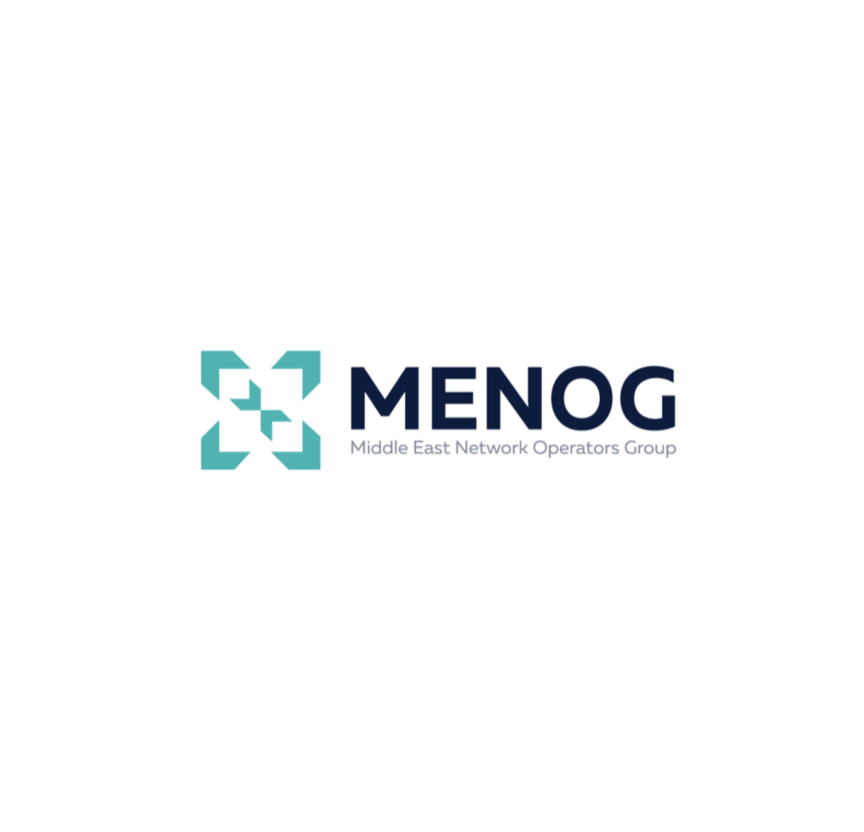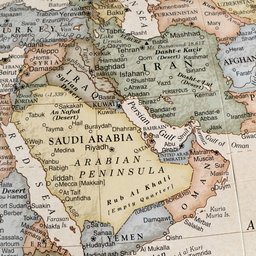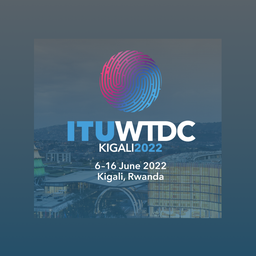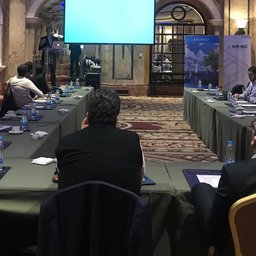The Internet has become a pivotal tool to foster growth and innovation across business, government, communities, and individuals. As the digital landscape expands, it is crucial that Middle Eastern countries are fostering this digital revolution.
To prevent these nations from lagging in the sphere of Internet operation and governance, joint efforts and initiatives are essential. Integrating the Middle East region, particularly the Arab countries, into the global Internet governance process is not only vital for reaping potential benefits but also aligns with the Sustainable Development Goals (SDGs) of building a robust information society.
Therefore, platforms and forums like the Middle East Network Operator Group (MENOG) and NRIs such as regional and national Internet Governance Forums (IGFs) are becoming increasingly significant throughout the region.
MENOG: A catalyst for regional development
The Middle East has limited technical forums and few Network Operator Groups (NOGs), resulting in missed opportunities for the technical community to convene locally and discuss technology-related challenges and prospects.
To transform this culture and foster technical collaboration, MENOG serves as a crucial forum where experts, policymakers, and industry stakeholders converge to address pressing issues surrounding Internet operations, infrastructure and governance. It stands as a beacon of collaboration, facilitating knowledge sharing and learning.
MENOG facilitates dialogue and the exchange of experiences and lessons from various sectors, including Internet service providers, mobile operators, governments, and regulators. This collaborative approach can pave the way for harmonised and cohesive efforts to address the digital disparities in the region.
Scheduled to take place in Riyadh from 10 – 12 October 2023, MENOG offers a golden opportunity for key Internet builders in the region to learn and share experiences with their peers and other leaders in the global Internet community. The programme and agenda remain on non-commercial, technical, educational and research topics, including security, connectivity, peering, resource allocation, DNS threats, and analysis.
In recent years, MENOG gathered IXPs from the region along with those from other countries to participate in a half-day meeting preceding the open plenary days. This meeting, termed “Day Zero”, primarily focuses on discussing connectivity, peering challenges, opportunities, and the challenges faced by IXPs in the region. Additionally, several workshops are being held, covering topics such as IPv6, RPKI, DNS security, RIPE database, measurements and tools, and Mutually Agreed Norms for Routing Security (MANRS).
Intersecting with NRIs: Fostering collaboration and innovation
The synergy between MENOG and National and Regional Initiatives (NRIs) can be a powerful catalyst for fostering digital growth in the region. MENOG can serve as a platform to facilitate dialogue and exchange experiences and lessons learned from various sectors, enabling harmonised and cohesive efforts to address the digital disparities in the region.
MENOG also spearheads initiatives that foster collaboration, ultimately contributing to the development of the Internet infrastructure in the region. By working together and sharing knowledge and best practices, Arab countries are better positioned for a more advanced digital future.
The Arab IGF: A platform for regional dialogue
Despite sharing a common language, Arabic, the region is far from homogeneous. It encompasses a rich tapestry of diversity, from local cultures and dialects to varying forms of government, wealth, and political challenges. Each country in the region shapes the Internet according to its unique interests.
While the Arab IGF has succeeded in uniting a diverse group of individuals from across the region to discuss issues related to Internet governance, its impact on policy remains somewhat limited. The forum's success lies primarily in its ability to encourage stakeholders to embrace the concept of multistakeholderism.
Spanning northern Africa and western Asia, the Arab region is home to 22 member states of the League of Arab States (LAS), its primary intergovernmental organisation. The Arab IGF aims to serve this vast region, home to over 430 million people, by addressing key challenges related to the Internet and digital technologies.
However, the Arab IGF has faced criticisms for not being genuinely multistakeholder, with a disproportionate representation of stakeholder groups and a lack of transparency. Despite these challenges, the Arab IGF Multistakeholder Advisory Group (AMAG) has recognised and worked to address these issues in recent years, showing signs of improvement. However, further efforts are needed.
Taking steps towards a more inclusive approach: The emergence of national IGFs
As the Arab IGF navigates the complex landscape of Internet governance, several Arab countries are making significant strides in establishing their national IGFs. Tunisia, Lebanon, Sudan, and Saudi Arabia have shown notable progress, creating spaces for inclusive multistakeholder discussions on internet governance issues.
The Tunisia IGF, established in 2012, facilitates open and transparent discussions on local and global Internet governance issues. Similarly, the National IGFs of Lebanon and Sudan, established in 2017 and 2018, aim to develop a multistakeholder process to address Internet governance matters within their communities.
Saudi Arabia is also advancing significantly in the Internet governance arena. With the establishment of the Saudi Internet Society Chapter, the initiation of the Saudi IGF telegram channel, the selection of a Saudi representative at the global MAG, and the proposal to host the global IGF in Riyadh in 2024, Saudi Arabia is demonstrating its commitment to progress in this critical area.
Paving the way
As Internet governance issues continue to evolve, Middle East countries, including the Arab countries, must streamline their efforts and translate discussions into actions. With platforms like MENOG facilitating dialogue and collaboration and promoting a more inclusive and collaborative approach, these countries can achieve their desired outcomes and foster meaningful progress in the region.
The RIPE NCC actively participates in MENOG and contributes to global, regional and national Internet governance discussions, fostering a healthy, secure, and sustainable Internet ecosystem. We eagerly anticipate the MENOG and IGFs in 2023, where we look forward to sharing insights and analyses from our staff and the RIPE community and aiding in the ongoing evolution of the global Internet.





Comments 0
The comments section is closed for articles published more than a year ago. If you'd like to inform us of any issues, please contact us.